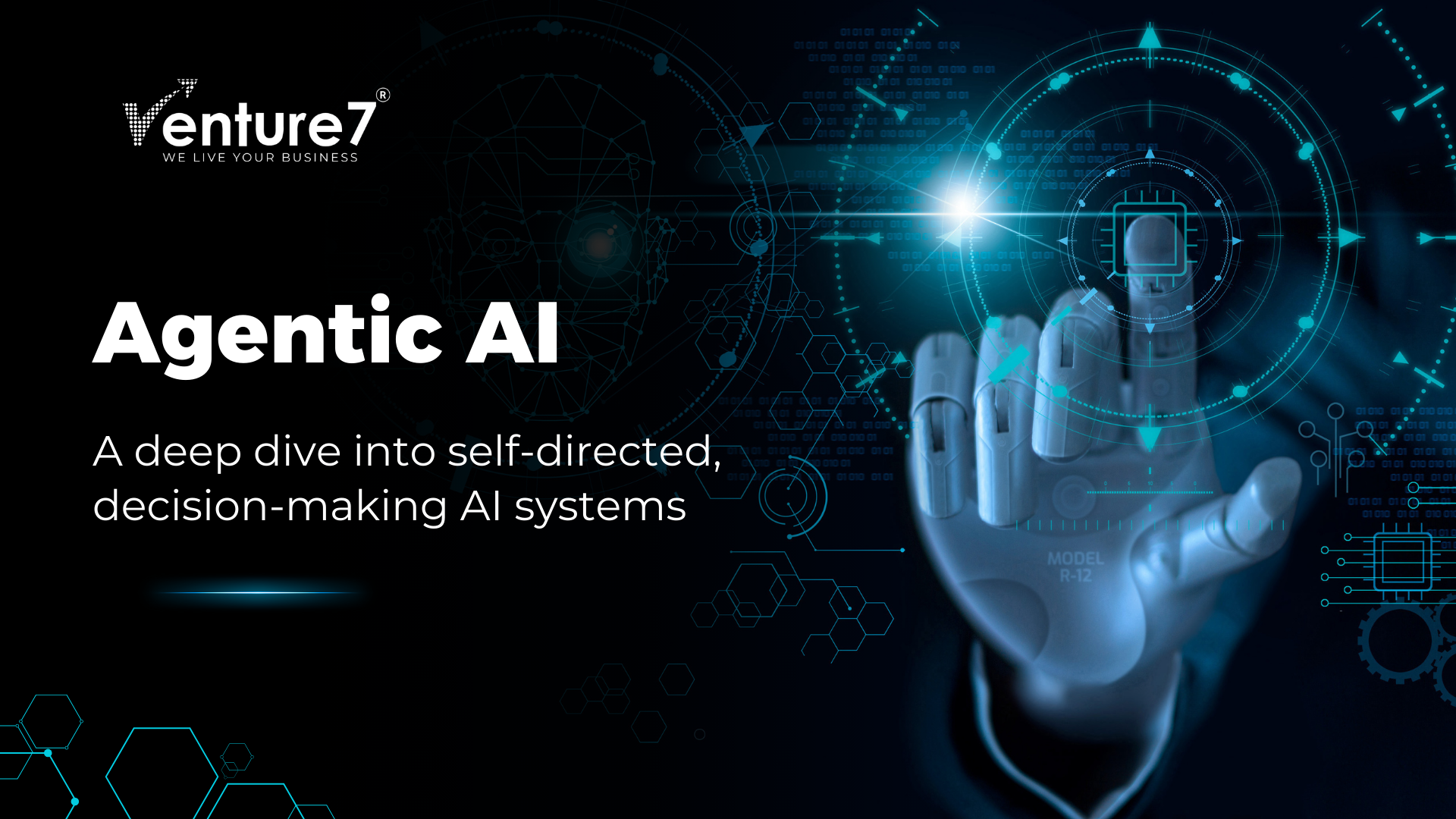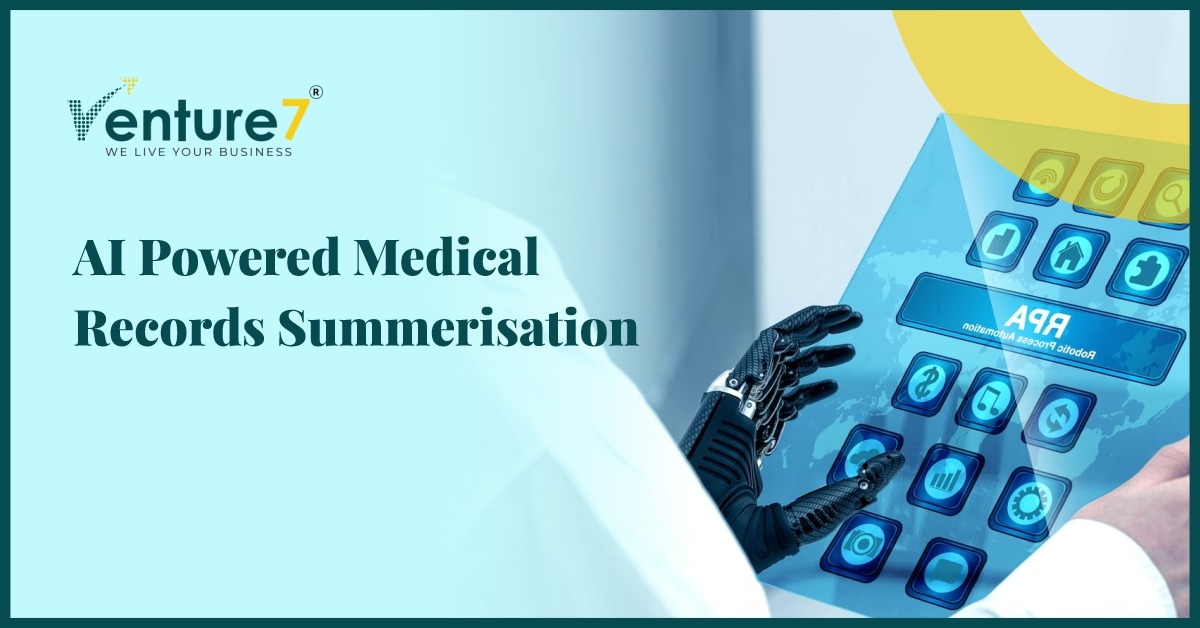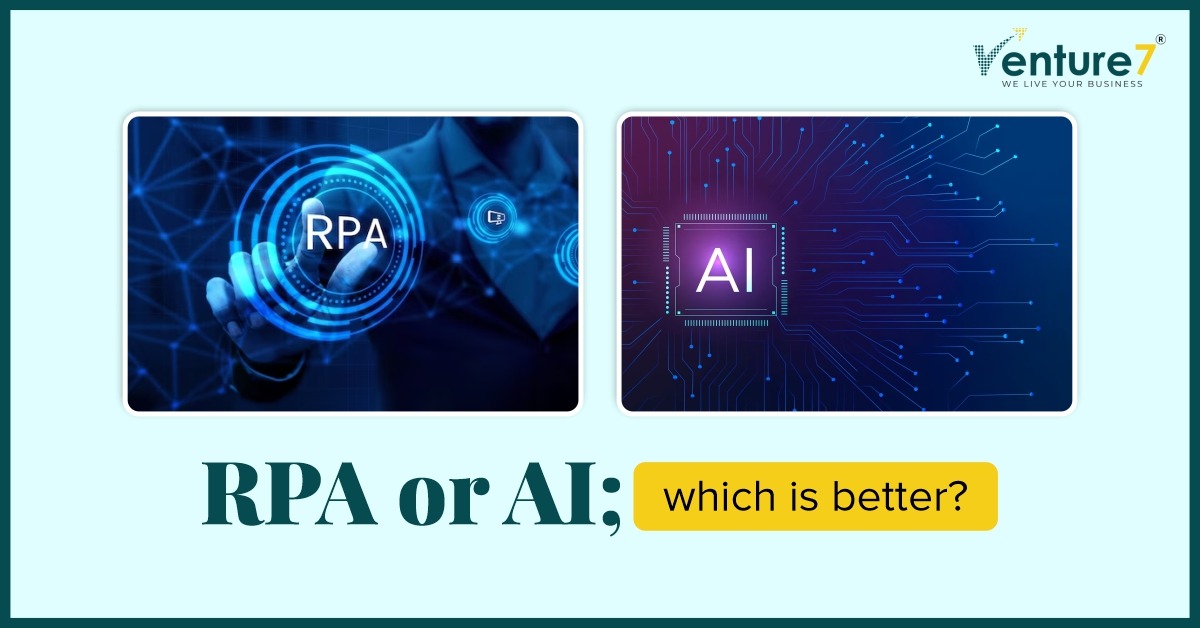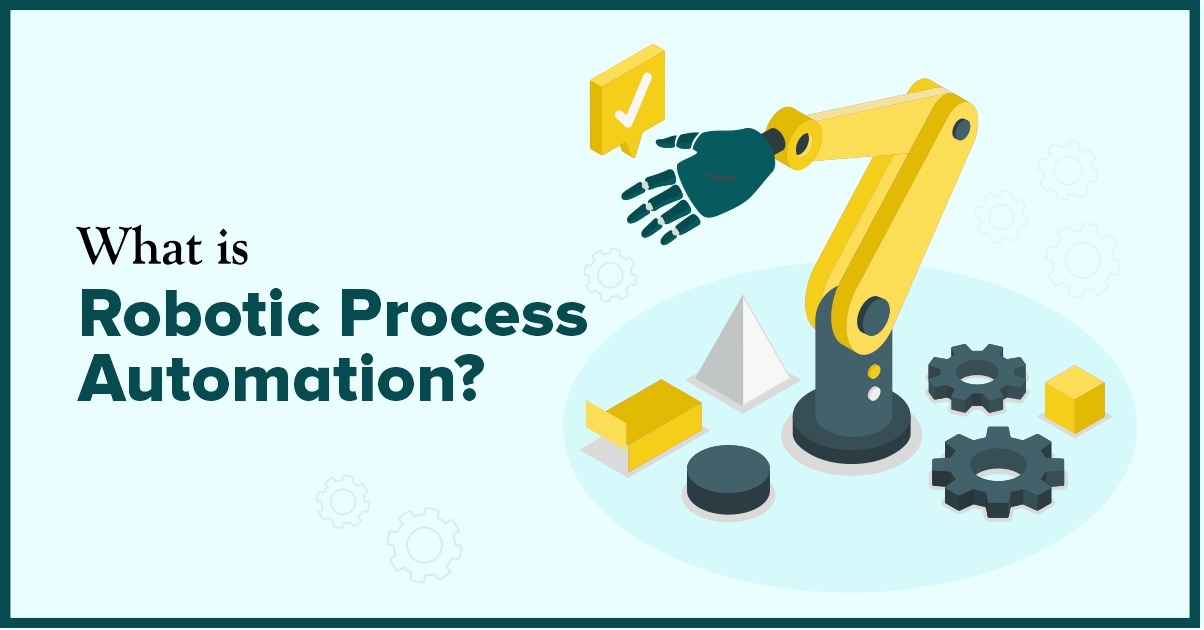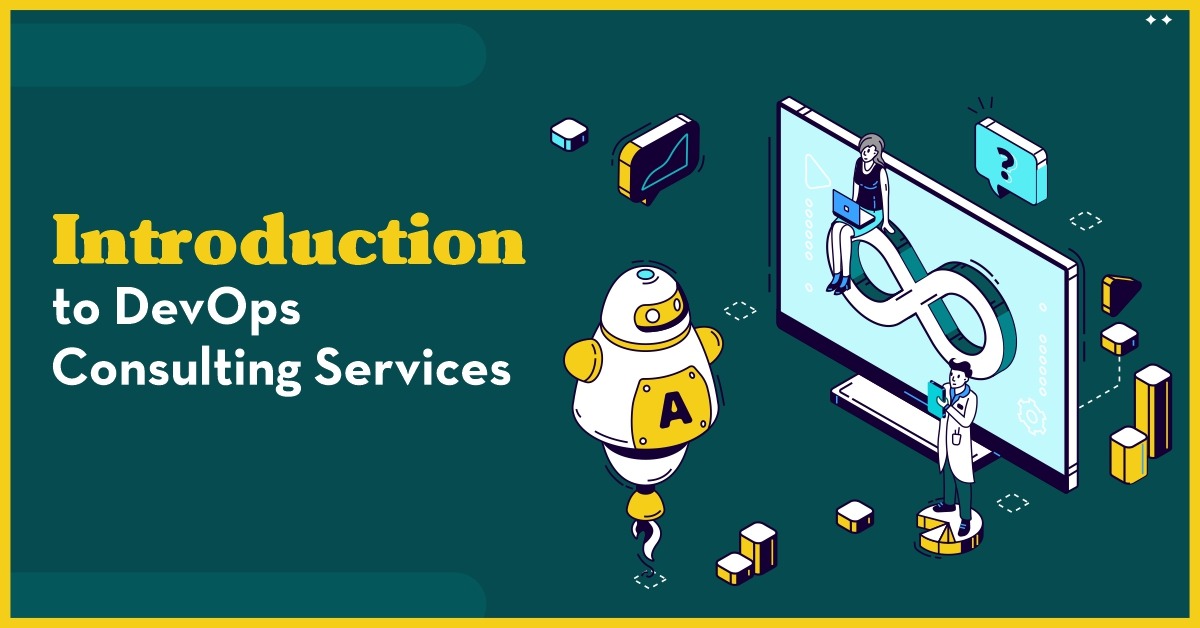Benefits Of Using DevOps With Cloud Computing
The development of the cloud is going through massive changes with the integration of DevOps, which, in turn, is making it possible for the IT industry to conduct real-time analysis of the development process and make the process smoother. DevOps refers to a set of various software development practices that are carried out by combining various cultural philosophies and tools that help organizations to shorten the systems development life cycle by advocating better communication and collaboration between development and IT operations. Cloud DevOps enables organizations to leverage minimum resources to this department by automating the whole process with in-built tools and applications. It has the ability to track the use of resources which was not possible with the use of traditional methodologies. Cloud-based has enhanced DevOps automation by providing a centralized platform for simplifying the process of production, testing, deployment, etc. Integration of DevOps with cloud computing has helped industries to eliminate the technical and bureaucratic hurdles that have opened the doors of opportunities and growth for the business processes. It also enhances the continuous and agile deployment process with the use of advanced technologies and tools. This technology has allowed developers to control the components that result in smaller wait times, thereby enabling faster delivery of products. It has also enabled users to create self-service methods that help them to try new methodologies without the need for much technical knowledge. This technology has streamlined the development process by transforming diverse methodologies with advanced tools and automation process that has improved the process in a number of ways. It provides new ways to cluster the components by enhancing the coding and configuration process by reducing the complexity and maintaining systems. This technology is integrated with built-in high-security tools that help to eliminate errors and develop security controls from the beginning of the process. It enables greater business agility by modifying the IT infrastructure by conducting digital service relationships, thereby enabling adaptive business practices. This technology has the ability to align the IT application as per business needs by delivering advanced methodologies consistently by conducting various experiments. It enables businesses to introduce new products and revamping the existing products as and when the need arises. Integrating DevOps with cloud computing enables industries to focus on essential infrastructure through the use of automated tools and a perfect set of procedures for automated deployment of various applications. This technology helps in managing complete application lifecycle process and quality assurance practices that help industries to detect errors during the development process and rectify those errors there and then. The industries can get real-time feedback by combining DevOps with cloud computing which enables developers to experiment with new strategies by learning from timely feedback and integrating the suggestions in their operations. The tight integration of various development tools in this technology minimizes the costs and provides centralized governance and control for carrying out the operations without any errors, by centralizing the control of processes. It integrates flexibility in the process by adding advanced development tools, which, in turn, provides collaboration across functions and version control. Combining DevOps and cloud computing has enabled organizations to provide standard access to resources with the use of application programming interfaces (APIs), thereby enhancing communication between diverse back-end services and applications. This technology allows developers to create a development environment on their own without the need for IT experts and also helps them to use the same set of tools for various operations and activities, thereby reducing the costs of developing new tools for different development processes. It enhances the scalability of operations, thereby increasing the global reach of organizations. It enables agile development of products by involving the integration of development and delivery. It also enables industries to manage data management with the use of various advanced tools that helps in simplifying tough tasks of handling databases by automating repetitive operations without any errors. It helps organizations to save manual costs, thereby enabling better return on investments. The services can be delivered continuously with the use of DevOps with cloud computing with a quicker turnaround of development cycles. This technology has enabled information technology experts to minimize the gap between production and gathering requirements for the products, thereby synchronizing the production cycles with IT mechanisms and making them streamlined with the operations. This technology has simplified the process of breaking down common barriers by creating cross-functional cooperation among multiple teams and experts from development to the delivery process that helps developers to make a reliable operations environment. Continuous Delivery and Continuous Integration process are also enhanced with the integration of DevOps with cloud computing to simplify the continuous deployment process by automating the entire set of operations and allowing organizations to be up-to-date about the progress and deployment of products. This technology has the ability to co-exist with internal deployment and development processes, which, in turn, makes it easier for organizations to offload specific components of a product, thereby enhancing collaboration and faster turnaround of the products. The industries are rapidly shifting towards the use of DevOps with cloud computing tools to explore agile and cost-effective ways of accelerating the product development cycle. This technology has helped organizations to meet new market demands and beat the competition by integrating automated tools and technologies in the process. It also takes care of all the maintenance and management of the platform that results in improved performance and better user experience. DevOps with cloud computing has majorly contributed to shaping the future of production cycles by providing better product quality and user experience.
